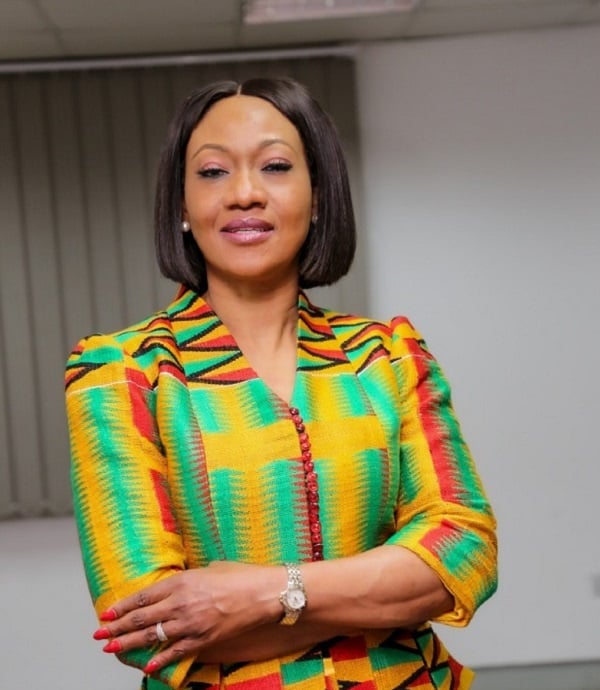Election Watch Ghana, led by its convener Mark Ewusi Arkoh, has issued a stark warning to the Electoral Commission (EC) regarding its plans to implement a new voter register for the 2024 elections, labeling it as fundamentally flawed. This group, representing a coalition of concerned Ghanaians, has expressed its firm resolve to reject any voter register perceived to be corrupt or designed to distort the electoral process. The statement reflects a broader sentiment of dissatisfaction with the EC, which they accuse of corruption and of siding with corrupt elements that could jeopardize Ghana’s democratic integrity. The stark warning underscores the group’s commitment to fighting perceived injustices in the electoral setup through all means necessary—except legal action.
The organization vocally supports the National Democratic Congress’s (NDC) call for a multi-party team to scrutinize the EC’s Information Technology systems. This initiative is seen as vital for ensuring transparency in the electoral process and preventing undue influence or malpractice within the Commission. Election Watch Ghana’s insistence that a collaborative approach is required highlights their doubts about the EC’s ability to manage the electoral process independently and impartially. The need for oversight stems from a belief that potential corruption within the EC could lead to a compromised electoral process, ultimately subverting the will of the Ghanian populace.
Criticism from Election Watch Ghana is also leveled at the recent Inter-Party Advisory Committee (IPAC) meeting, which they characterize as a “festival of corruption and collusion.” This description conveys their belief that the meeting failed to address significant concerns regarding electoral integrity and reflects a broader pattern of eroding trust among the public in the EC. Their statement suggests that the EC’s current trajectory may foster an environment increasingly hostile to democratic norms, thereby diminishing public confidence in the electoral process as a whole. The implications of this situation extend beyond the immediate electoral concerns and into the realm of national stability and governance.
A significant point of contention is the EC’s plan to award contracts for printing ballot sheets and notices of poll to companies such as the Assembly Press and Buck Press. Election Watch Ghana contends that the managerial backgrounds of these companies raise issues of conflict of interest that could compromise the fairness of the electoral process. They advocate for a more transparent and competitive bidding process, arguing that the integrity of electoral materials is paramount for safeguarding democracy in Ghana. By emphasizing the need for fairness and accountability in the procurement of key electoral services, the group stresses the importance of public trust in all aspects of the electoral process.
The overarching message from Election Watch Ghana is clear: Ghanaians have reached a tipping point regarding electoral integrity, and any attempts at manipulation will be met with significant resistance. The group firmly believes that Ghanaians will actively engage to protect their democracy and electoral rights, indicating a readiness to mobilize public sentiment against perceived injustices in the electoral system. This resolve points to a deeper understanding within society of the stakes involved in the upcoming elections, especially concerning the systems that govern them.
In conclusion, the current atmosphere surrounding the Ghanaian electoral process is fraught with tension and distrust, particularly towards the Electoral Commission. As Election Watch Ghana rallies citizens to stand against what they perceive as electoral manipulation and corruption, it raises essential questions about governance, transparency, and public agency in the electoral process. Their commitment to rejecting a flawed voter register, demanding greater oversight of the EC, and insisting on competitive bidding for electoral contracts illustrates a critical juncture in Ghana’s democratic journey. Ultimately, the collective actions of organizations like Election Watch Ghana will be crucial in shaping the political landscape in the lead-up to the 2024 elections and beyond.














